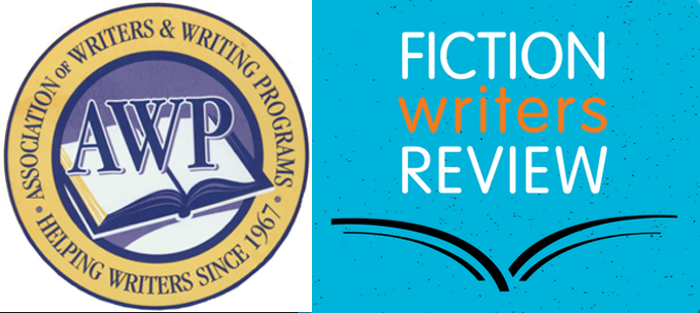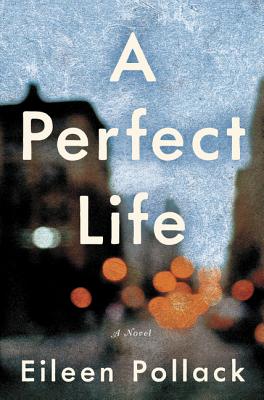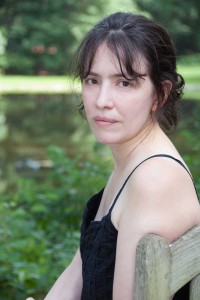Though FWR won’t have a table at this year’s AWP Conference, we wanted to highlight some wonderful panels, readings, and events that our contributors will be participating in. Here are a few that feature some of our editors and recent contributors:
Thursday, March 8
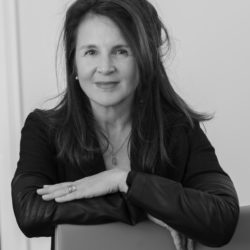
Jill Bialosky
Noon – 1:15pm
Florida Salon 4, Marriott Waterside, Second Floor
From the Stanza to the Paragraph: Poets Who Write Prose. (Jill Bialosky, Gregory Anthony Pardlo, Harriet Millan, Marilyn Chin, Joy Harjo) Why do poets turn to writing prose? What can a poem say that prose cannot and vice versa? Is the reason one chooses to write in one genre over the other about audience? About subject matter? What steps or process does a writer take to move from poetry to prose? How does being a poet impact one’s prose style? This panel will explore these questions and others. Five panelists will offer words of caution, success, and despair learned from their journeys in writing in more than one form.
Read: “The Facts and the Stories about the Facts: A Conversation with Claire Messud,” by Jill Bialosky.
Thursday, March 8
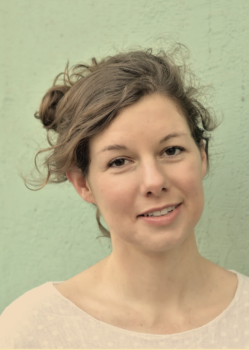
Allegra Hyde
Noon – 1:15pm
Room 5 & 6, Tampa Convention Center, First Floor
Writing Assignments for the Anthropocene. (Katy Didden, Sasha West, Belle Boggs, Allegra Hyde, Hasanthika Sirisena) What happens when the environment is not just the setting, but the subject of our work? What tools can writers use to address the history of the land, and our current environmental crises? Panelists will offer practical assignments, useful across genres, for representing the environment—from research techniques, to methods of description and disruption. Our assignments aim to encourage students from diverse backgrounds to add their voices to the evolving body of eco-literature.
Read: “All Kinds of Fantastical Skeletons: An Interview with Matt Bell,” by Allegra Hyde.
Thursday, March 8
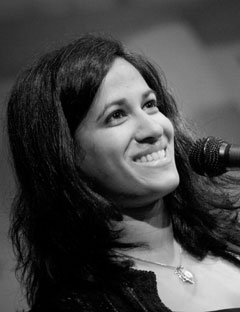
V.V. Ganeshananthan
1:30 – 2:45pm
Room 12, Tampa Convention Center, First Floor
Broad Humor, FunnyGrrls, Excellent Women: Fiction Writers on Gender and Comedy. (Julie Schumacher, V.V. Ganeshananthan, Eileen Pollack, Asali Solomon, Mo Daviau) How does comic fiction addressing gender become distinctive and sustain its humor? What different strategies and forms can literary writers deploy to make their fiction funny, and how does gender factor into this work being taken… seriously? What lessons can we learn from the rise of women performing comedy? How do parody and satire register on the page? Women writers of fiction with distinctive humorous styles consider approaches to questions of form, genre, pacing, and laughs.
Read: “The Lesson that You Should be Suspicious of Anything Too Clean: An Interview with Rebecca Scherm,” by V.V. Ganeshananthan.
Read: “A Writer’s Family Tree: An Interview with Elizabeth McCracken and V.V. Ganeshananthan,” by Rebecca Scherm.
Read: “An Interview with Mo Daviau,” by Nina Buckless.
Thursday, March 8
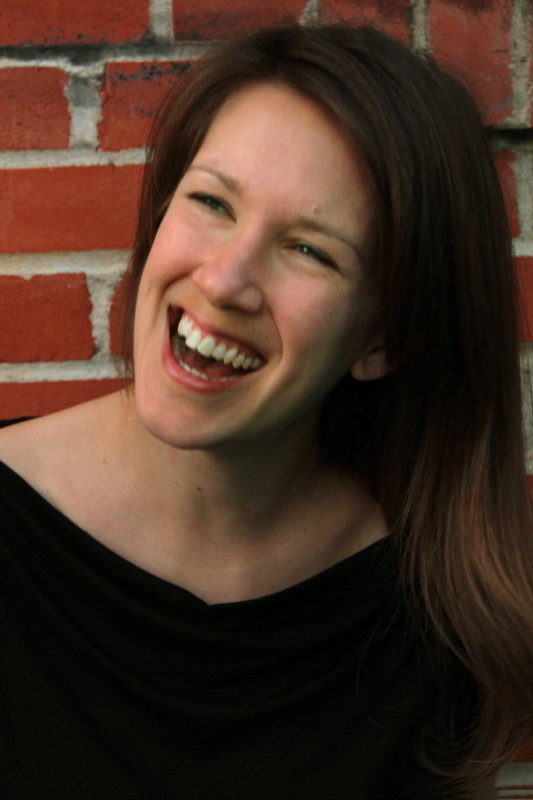
Kelly Luce
1:30 – 2:45pm
Room 25, Tampa Convention Center, First Floor
Writing from Privilege: Who Can Write What and Why? (Kaitlin Solimine, Vanessa Hua, Kirstin Chen, Kim Liao, Kelly Luce) What does it mean to write from a position of privilege? How should white writers navigate their privileged positions? Are writers of color exempt, or are all writers inherently privileged by way of having the opportunities to pursue literary careers? In this panel, writers of a diversity of backgrounds and formats will discuss the question of who has permission to write what, and how it influences their willingness to write outside the confines of their race, gender, economic class, and more.
Read: “Clear Eyes, Full Heart, Strong Stomach: an Interview with Kelly Luce,” by Nina McConigley.
Read: Kelly Luce’s essay “Another Kind of Awareness: Stuart Dybek’s Coast of Chicago.”
Read: Carolyn Gan’s review of Deceit and Other Possibilities, by Vanessa Hua.
Thursday, March 8
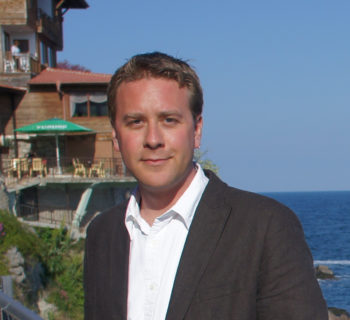
Jeremiah Chamberlin
3:00 – 4:15pm
Room 3 & 4, Tampa Convention Center, First Floor
Fulbright Fellowship Information Panel. (Katherine Arnoldi, Laurel Fantauzzo, Erika Martinez, Laura Joyce Davis, Jeremiah Chamberlin) The Fulbright Information panel is composed of past Creative Writing Fulbright Fellows who tell of the application process, the experience, and the professional, creative, and personal benefits of this prestigious award. The Fulbright Program funds undergraduates, graduates, and at large writers to study, conduct research, or pursue creative activities abroad for a year. Our panelists went to the Philippines, Paraguay, and the Dominican Republic writing poetry, memoirs, nonfiction, and novels.
Read: “Who We Are Now: A Conversation with Colson Whitehead,” by Jeremiah Chamberlin
Friday, March 9
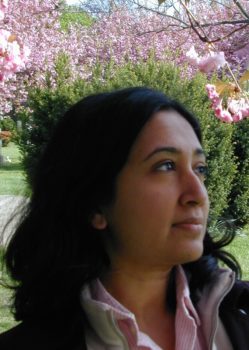
Hasanthika Sirisena
3:00 – 4:15pm
Ballroom D, Tampa Convention Center, First Floor
The Politics of Craft. (Sasha West, James Allen Hall, Lisa Olstein, Hasanthika Sirisena, Tiphanie Yanique) Often, we make content carry the weight of politics in a classroom. But if the personal is always political partially because we are in bodies, then the body of a text—its craft—is always political, too. Panelists in multiple genres will share craft lessons that foreground the politics involved in making, reading, and teaching creative work. By embedding issues of power, erasure, point of view, voice, consumption, empathy, and community into craft, this panel widens a workshop’s aperture.
Read: “Smudging the Boundaries of Otherness: An Interview with Hasanthika Sirisena,” by Celeste Ng.
Read: “Translating the “Inherited Text”: An Interview with Kaitlin Solimine,” by Hasanthika Sirisena.
Friday, March 9
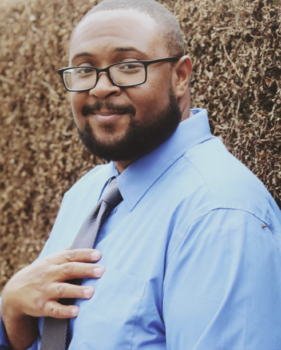
Donald Quist
3:00 – 4:15pm
Room 23, Tampa Convention Center, First Floor
The Role of the Expatriate Writer in Times of Political Upheaval. (Connie May Fowler, Xu Xi, Donald Quist, Abayomi Animashaun, Darryl Whetter) During periods of deep political turmoil, do expatriate writers bear special responsibilities? Do we return home and resist or do we, from our perches abroad, seek to create a more nuanced, globally informed narrative? Our panelists live in far flung reaches—Hong Kong, Mexico, Paris, Southeast Asia—and will discuss how they deal with urgent issues such as dissent, war, American policy, terror, and climate change as both writer and other in a world in which being neutral is not an option.
Read: “With Closed Fists: An Interview with Kali VanBaale,” by Donald Quist.
Friday, March 9
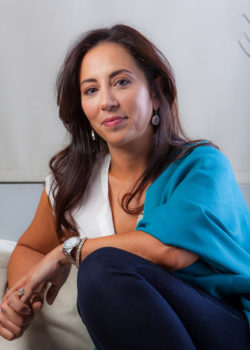
Aline Ohanesian
4:30 – 5:45Pm
Room 22, Tampa Convention Center, First Floor
Telling the Truth Through Fiction: Storytelling in the Aftermath of Genocide and Atrocity. (Jan Freeman, Elizabeth Rosner, Natashia Deon, Aline Ohanesian) The novel’s role in conveying political, religious, racial, and cultural truths is often maligned. Yet imaginative methods rescue testimony beyond borders of time and place. Writers on the Holocaust and other 20th-century genocides face a threshold in which firsthand eyewitnesses are dying. Panelists will discuss the strengths and pitfalls of fiction vs. memoir, and present the strategies and tools they use as novelists writing about the Holocaust, the Armenian genocide, and US slavery.
Read: “Holding Difficult Truths: An Interview with Melissa Scholes Young,” by Aline Ohanesian
Read: “Reclaiming Our Homes: An Interview with Aline Ohanesian,” by Melissa Scholes Young
Saturday, March 10
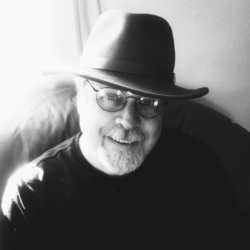
Philip Graham
9:00 – 10:15am
Florida Salon 4, Marriott Waterside, Second Floor
The “So What?” Factor: Making Meaning in Personal Essays and Memoir. (Tim Hillegonds, Miles Harvey, Michele Morano, Philip Graham) Often in creative nonfiction writing it isn’t enough to tell well-crafted stories from our lives. Readers crave perspective, insight, interpretation, and sometimes researched information. This panel will discuss ways of crafting essays and memoir that move beyond “What happened?” to answer, at least implicitly, “So what?”
Read: Philip Graham’s essay “Rethinking How to Write While Speaking in Tongues: The Craft Essays and Fiction of David Jauss.”
Saturday, March 10
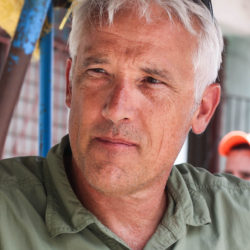
Tim Weed
9:00 – 10:15am
Meeting Room 1, Marriott Waterside, Second Floor
Green Writers Press Celebrates 5th Anniversary Reading. (Dede Cummings, Tim Weed, Ellen Skowronski-Polito, Raquel Gilliland, Ellene Glenn Moore) Green Writers Press, a small, Vermont-based publishing company, is dedicated to spreading environmental awareness by publishing authors who proliferate messages of hope and renewal through place-based writing and environmental activism. In just five years, Green Writers Press has expanded significantly, publishing such authors as Julia Alvarez, Chard deNiord, John Elder, and Clarence Major. This event will be a lively reading from poets, novelists, and essayists from the press and The Hopper.
Read: “Noticing: An Interview with Tim Weed,” By Art Hutchinson
Read: “Shadow Play: Dreams, Visions, and Hallucinations in Fiction,” by Tim Weed.
Saturday, March 10
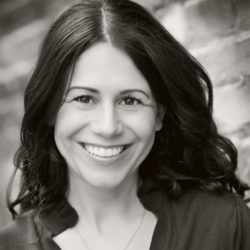
Natalie Bakopoulos
10:30 – 11:45am
Grand Salon C, Marriott Waterside, Second Floor
Writing Workshops in Greece: Faculty and Alumni Reading. (Graham Barnhart, Natalie Bakopoulos, Christopher Bakken, Joanna Eleftheriou, Courtney Zoffness) This reading celebrates Writing Workshops in Greece: Thessaloniki and Thasos, which allows writers to gather for a month of literary work and adventure on a remote island. Our reading highlights the diversity and success of our program faculty and alumni, who range widely in age and origin, and who have won numerous book prizes and have served as Stegner fellows, Cave Canem fellows, and Fulbright scholars. Readers will attest to the value of an immersive international literary experience.
Read: Natalie Bakopoulos’s review of The Goat Fish and the Lovers Knot,” by Jack Driscoll.
Saturday, March 10
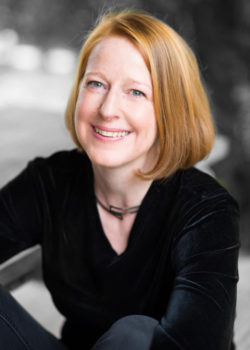
Sharon Harrigan
3:00- – 4:15pm
Grand Salon B, Marriott Waterside, Second Floor
Truer Words Were Never Spoken: On the Challenges of Writing About Family in Creative Nonfiction/Memoir. (Artress Bethany White, Sharon Harrigan, Bridgett Davis, Lori Horvitz) Writers of nonfiction struggle with the ethics of transparency in their work, particularly when discussing family. From fratricide to confronting parental abandonment or making a living from illegal professions, writers must often face their own demons and those of extended family members to tell their stories. Each author will discuss a work of memoir from a published or forthcoming book and then discuss reconciling the transparency necessary for the success of the project.
Read: “An Interview with Kristen-Paige Madonia,” by Sharon Harrigan.
Saturday, March 10
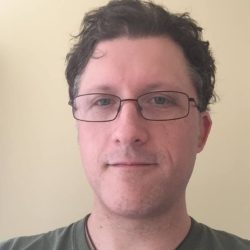
David Ebenbach
4:30 – 5:45pm
Room 15, Tampa Convention Center, First Floor
Balancing Act: Neutrality in the Classroom? (David Ebenbach, Ru Freeman, Holly Karapetkova, Sarah Trembath, Edward Helfers) After the 2016 election, many university administrations advised faculty to be politically neutral in the classroom, reminding us of our duty to students across the ideological spectrum. The rise of “professor watch lists” also make it risky for faculty—particularly contingent faculty—to be outspoken. But what if there’s fundamental conflict between the political zeitgeist and the core values of our workshops? How can we productively engage, and even resolve, this conflict in the classroom?
Read: “A Great and Heartbroken Love for the World: A Conversation Between N. West Moss and David Ebenbach.”

